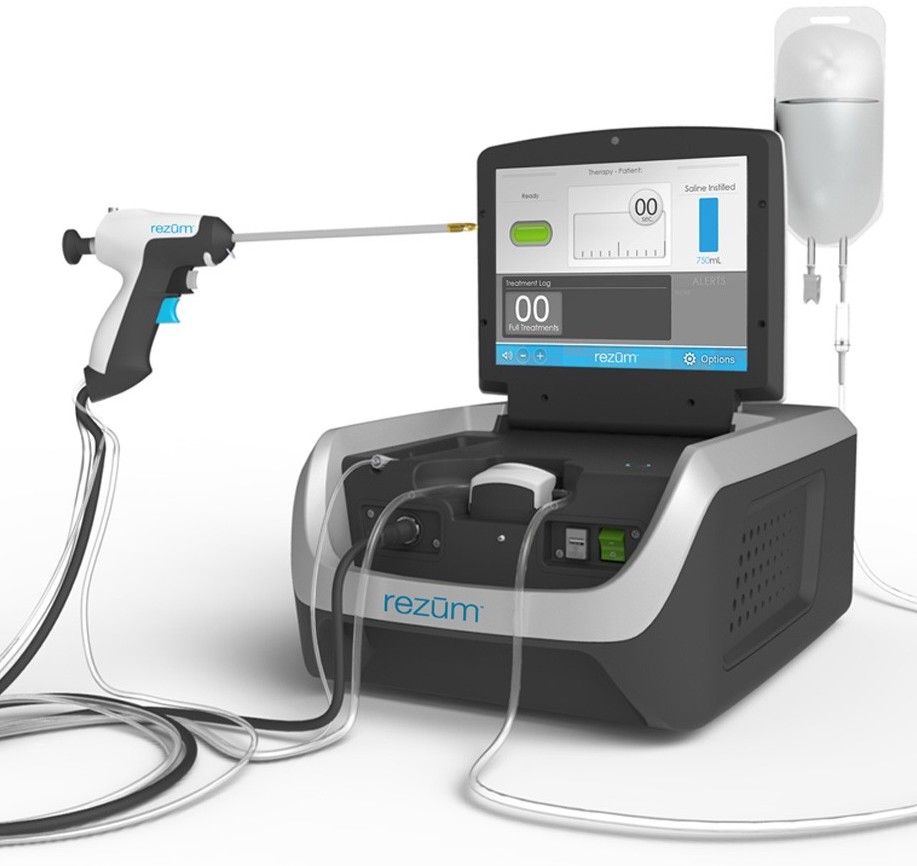<< Back
Rezum Procedure, as in Resume Normal Urination for Men With BPH

February 10, 2022
For men suffering from benign prostate hypertrophy (BPH), or enlarged prostate, often medication is enough to control the symptoms. When medication doesn’t work, Hartford HealthCare’s Tallwood Men’s Health is now offering a new thermal energy technology to remove the extra tissue affecting men’s ability to easily and comfortably urinate.
“The prostate is a gland that men have that is responsible for a lot of sexual function,” said Dr. Keith O’Brien, a Men’s Health urologist with the Tallwood Urology & Kidney Institute. “As men get older it starts to grow and can cause problems where men start experiencing bothersome urinary complaints, such as waking up at night to urinate a lot and feeling like they’re not emptying their bladder.”
Hartford HealthCare’s Jocelyn Maminta recently spoke with Dr. O’Brien about a new technique, Rezūm, now being offered to patients in Fairfield County.
“For treatment of an enlarged prostate, we typically start with medications,” Dr. O’Brien said. “But medications involve compliance issues because you need to take a pill every day and they come with side effects.”

For men looking for an alternative to medication, Rezūm is a minimally-invasive procedure designed to help restore urinary function in men with BPH, using thermal energy in the form of steam.
The procedure includes the following steps:
- The specially-trained urologist uses a handheld device that generates steam with radiofrequency power.
- One end of the device is placed into the urethra in the penis. The urologist releases controlled doses of wet thermal energy to targeted areas of the prostate and constricting tissue.
- The condensation releases stored thermal energy to the tissue cells.
- The device is removed.
- Targeted tissue is absorbed by the body over the next few weeks.
“Patients go home the same day and the results are seen quickly, often as early as two weeks, but can be up to three months in terms of an improvement in quality of life,” said Dr. O’Brien.